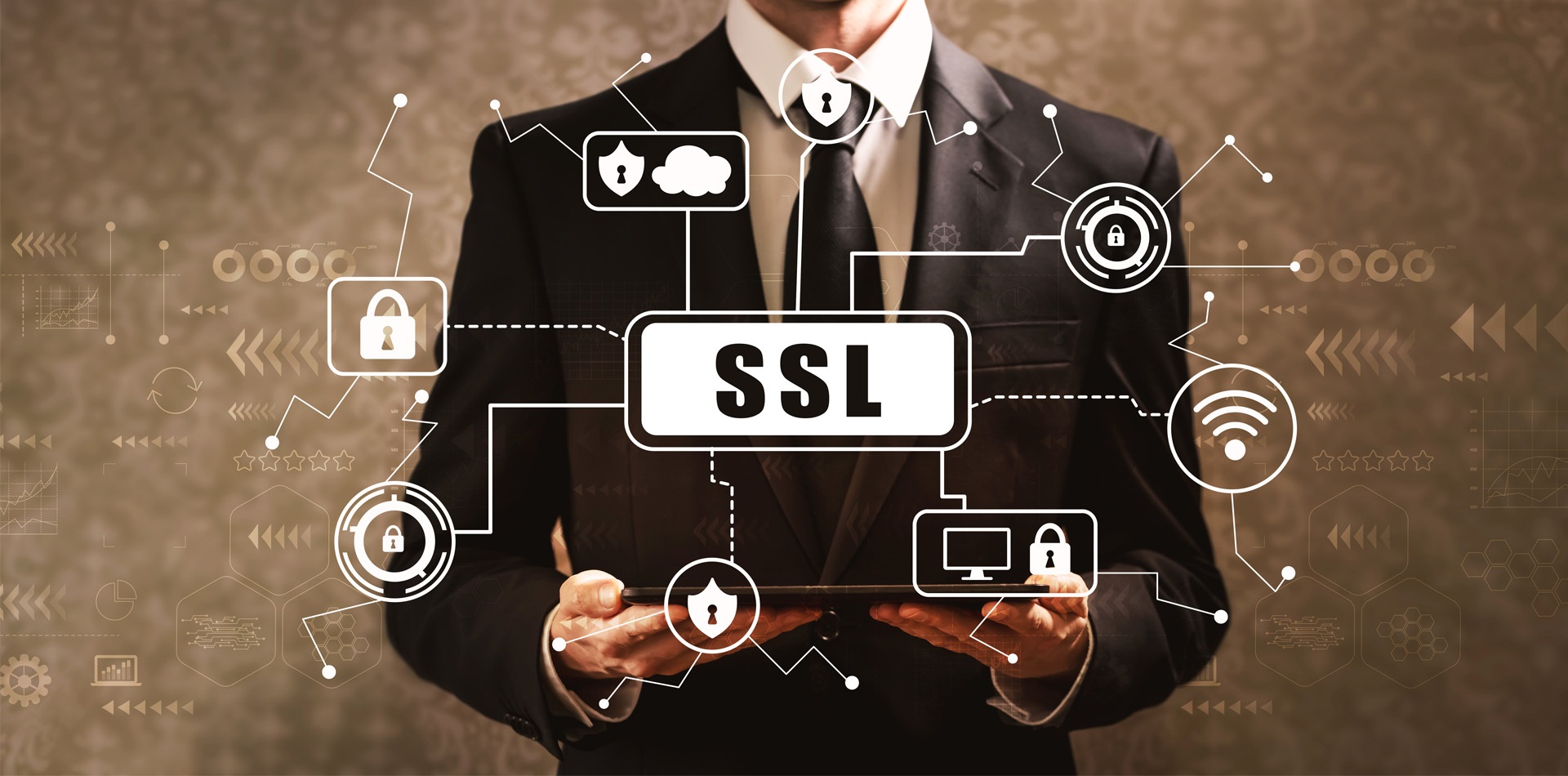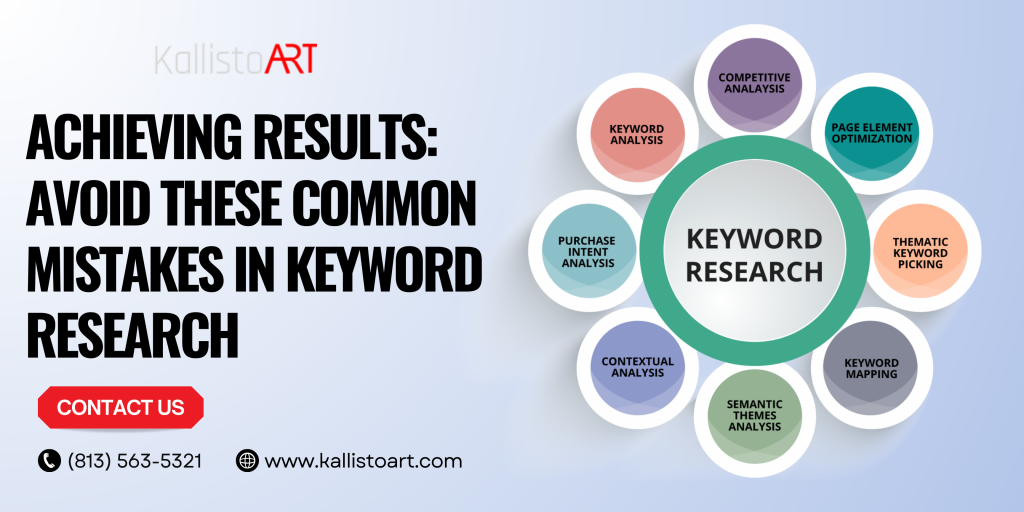SSL and Your Website: Is it Really a Big Deal?

Over the last five years, it is an understatement to say a lot has changed regarding the internet, websites and social media.
We are continuously being inundated with news stories about social media sites, businesses, corporations, hospitals, and even one well-established credit reporting agency, that have had their websites compromised, leading to the sharing of vital personal data to outside sources, hackers and cybercriminals.
Vital information includes our names, physical addresses, email addresses, birthdays, social security numbers, and credit card numbers. Obviously, this is troubling with the threat of identity theft always looming, and more and more security measures are being put in place to thwart these harmful – often devastating – actions.
Since the majority of people pay their bills, purchase products and share their contact information online regularly, the importance of SSL has increased exponentially. Primarily, if your website is based on e-commerce; you offer products or memberships for sale, or you accept contact information from clients or potential new customers to build your database.
In fact, Google has vowed to offer a slight improvement in search rankings for websites that apply SSL certificates; or flag websites without an SSL certificate as “insecure.” Does that mean you need to purchase an SSL ASAP? Let’s explore the reasons why it may or may not be a good idea.
What is SSL?
“SSL” stands for “Secure Sockets Layer,” which is an invisible barrier that protects you and your vital information from being shared outside of your connection with an intended recipient. In a nutshell, when you communicate with a business to purchase services or products online, an SSL ensures your information is encrypted, which is the only safe and secure way to execute transactions.
Best website management practices, primarily e-commerce, require an SSL certificate to be purchased and in place for the safety of your customers and your business.
What is an SSL Certificate?
More important than any award you might receive, this type of certificate protects you and your customers.
Server Guy explains, “(SSL Certificates) are small data files that digitally bind a cryptographic key to an organization’s details.”
“An SSL certificate works to create an encrypted connection between your visitor’s browser and the server,” GoDaddy continued.
SSL Certificates Secure:
- Credit card transactions
- Data transfers
- Logins
- Social media sites browsing
Your web host may provide an SSL certificate as part of their hosting service. However, most websites will require an SSL certificate to be purchased. Once the SSL certificate is in place, your website URL will show a green padlock icon and “HTTP” will preface the domain in the browser, meaning customers can rest assured their sensitive information is encrypted and secure.
Three Types of SSL Certificates
Domain Validation (DV) – The lowest level of validation, the Certificate Authority (CA), “verifies that the organization has control over the concerned domain.” This comes at little to no expense because there is no human involvement, but it provides a secure HTTPS connection.
Organization Validation (OV) – A medium level of validation, the CA validates a domain and organization’s logistical information. This may take several days, and does require human involvement, so it is more expensive than DV, but not by much. This includes organization information in the certificate.
Extended Validation (EV) – The highest level of validation, the CA validates everything about the organization, including ownership, physical location, and legal existence of a company. Server Guy says, “It also validates if the organization is aware of the SSL certificate request and then approves it.” Documentation and many “checks” are mandated, and because more human involvement is necessary, it takes a few weeks and is the most expensive SSL certificate, with the utmost security. Once in place, the organization’s company name and URL appear on a green address bar.
Various factors are involved in determining what level of security your website may need. For example, how many domains need to be covered for your business? What type of website does your business display? Most importantly, what level of trust do you want between your business and your customer?
SSL certificates include:
- The holder’s name.
- A serial number and expiration date.
- A copy of the holder’s public key.
- A digital signature of the authority who issued the certificate.
What Websites Require an SSL?
Not all websites are created equal, but all websites are vulnerable to those who seek to cause fraud or harm. Nuts and Bolts Media shared the following information so you can make an informed decision about securing your website:
If your website is primarily home to your blog, with no product sales or information transfers between you and your audience, an SSL won’t be necessary.
If you sell products, you definitely need an SSL certificate to keep your customers’ credit card information encrypted and secure. You may only need SSL protection on those pages where transactions occur and not for every page of your website.
If your website sells memberships and supports members and memberships, you must seriously consider an SSL to keep their vital information safe.
Suppose your website accepts form submissions from visitors, including personal information, documents, photos, etc. In that case, you will want to keep these things from being leaked across the internet with SSL coverage.
No matter what type of website you manage, SSL is a legitimate product to build trust between your customers, heighten the security of your brand, and improve your ranking in Google searches.
KallistoArt always strives to help our clients understand the technical aspects of website management that are in their best interests. Our webmaster is an expert in website security applications that stop hackers and cybercriminals.
Contact KallistoArt today to learn more about how SSL can protect your website, your business and your customers from those who practice cybercrime across the globe! 813.563.5321
Sources:

 Next Post
Next Post


